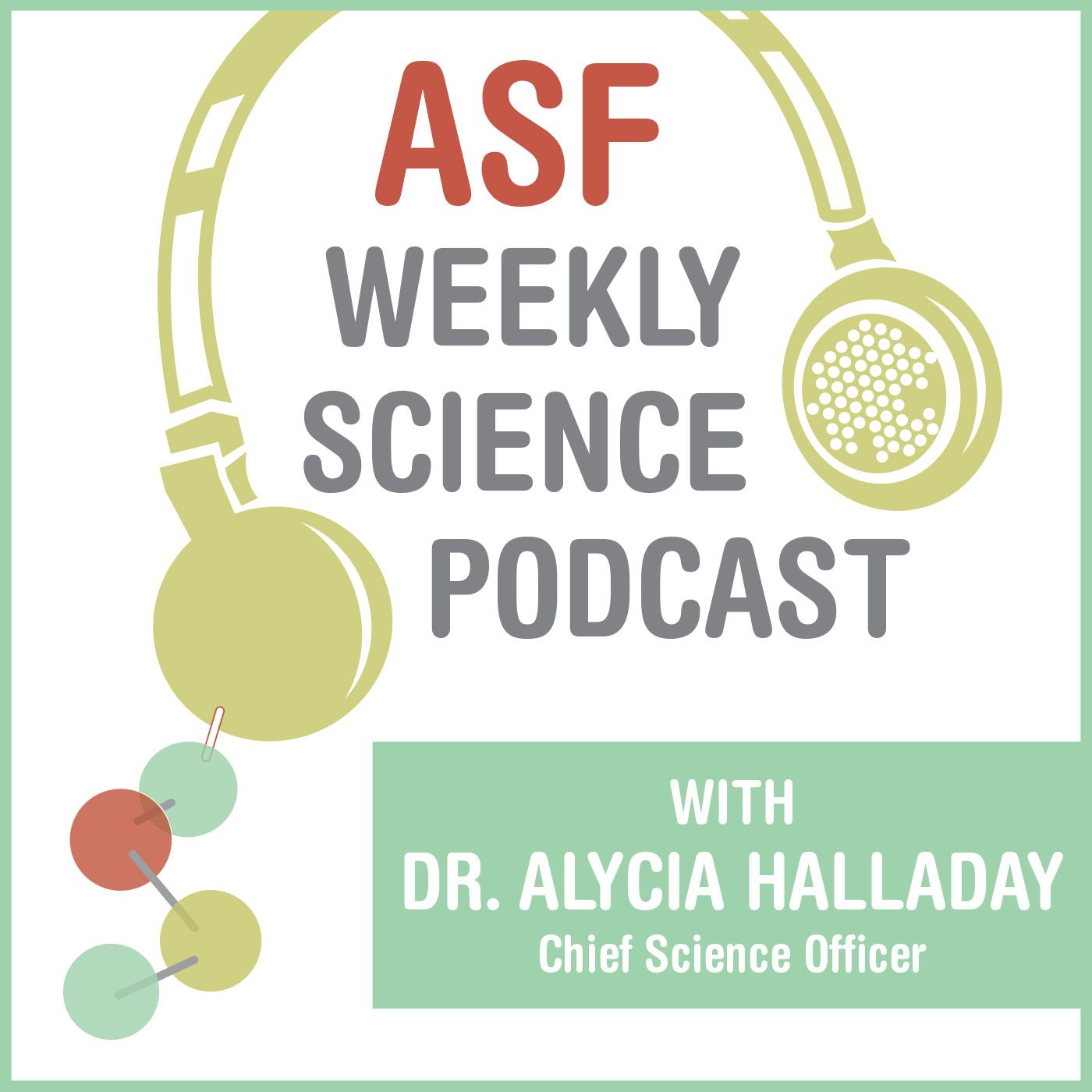Tik-Tok for autism information? Nope
0
0
0 بازدیدها·
08/20/23
In a highly discussed paper, researchers from Drexel University report their findings on a scientific and methodologically rigorous study on the accuracy of information on the social media platform Tik-Tok. They also discuss where the accurate and inaccurate information comes from and how it is viewed. The accurate and inaccurate get “liked” equally, meaning they are taken just as seriously. There are billions of inaccurate posts being viewed, and misinformation spread. On this week’s podcast, all four authors of this paper summarize what they found and what families should know. https://pubmed.ncbi.nlm.nih.gov/37544970/
بیشتر نشان بده، اطلاعات بیشتر
0 نظرات
sort مرتب سازی بر اساس









